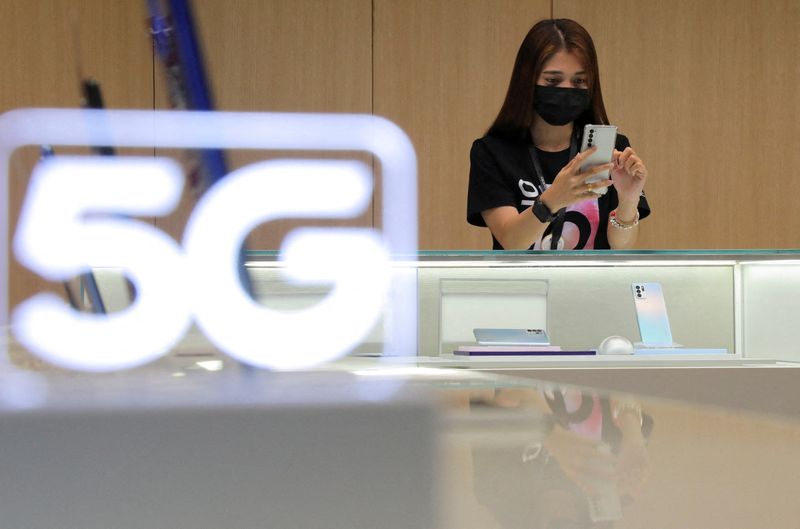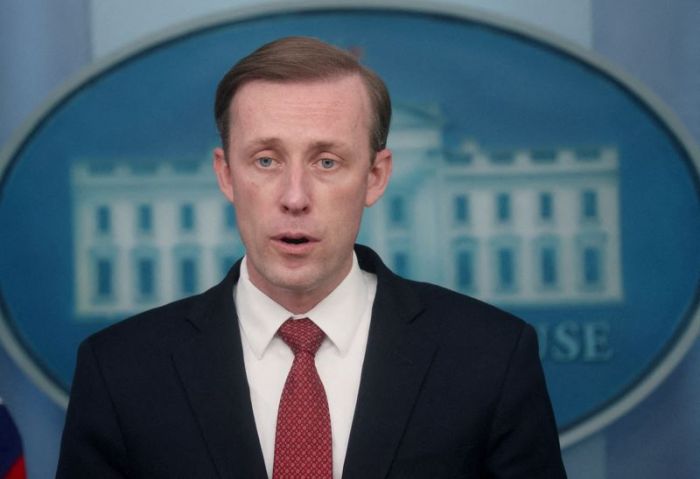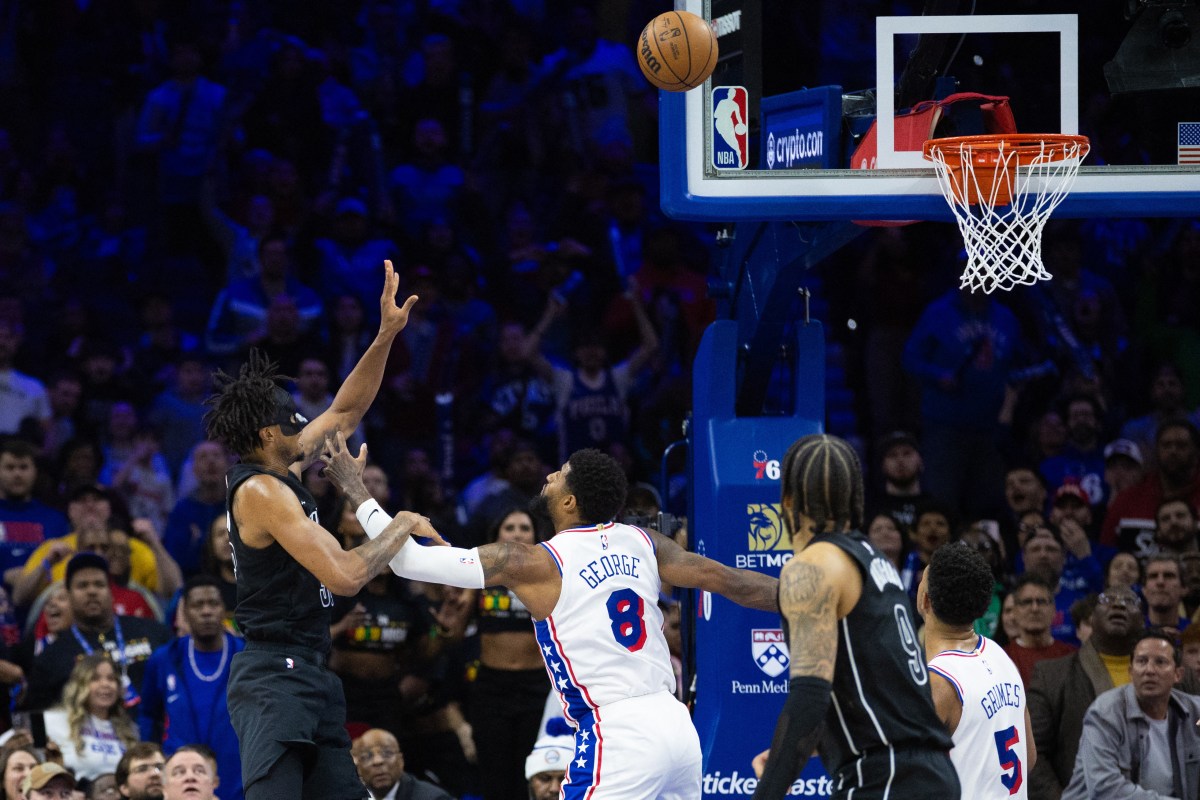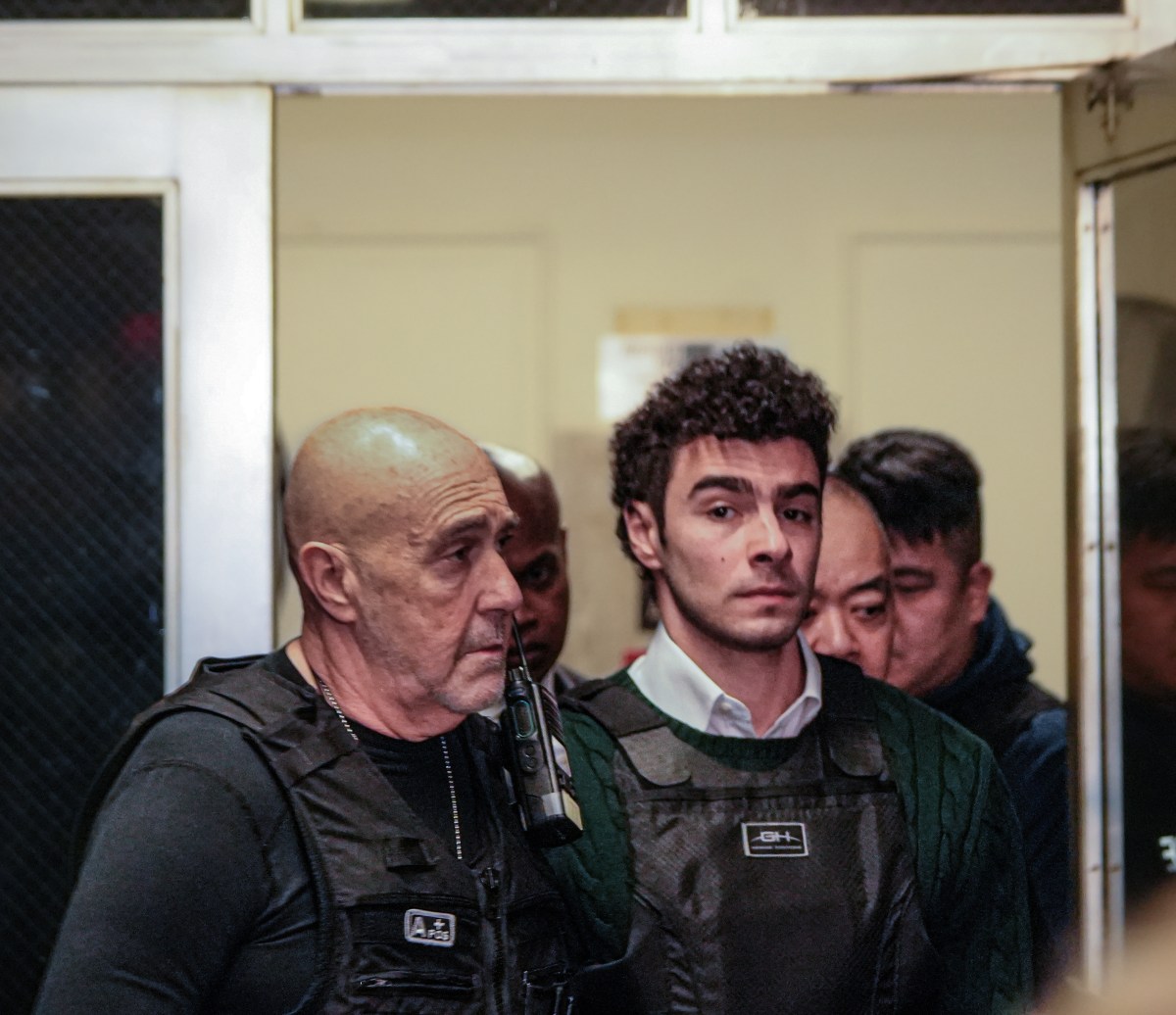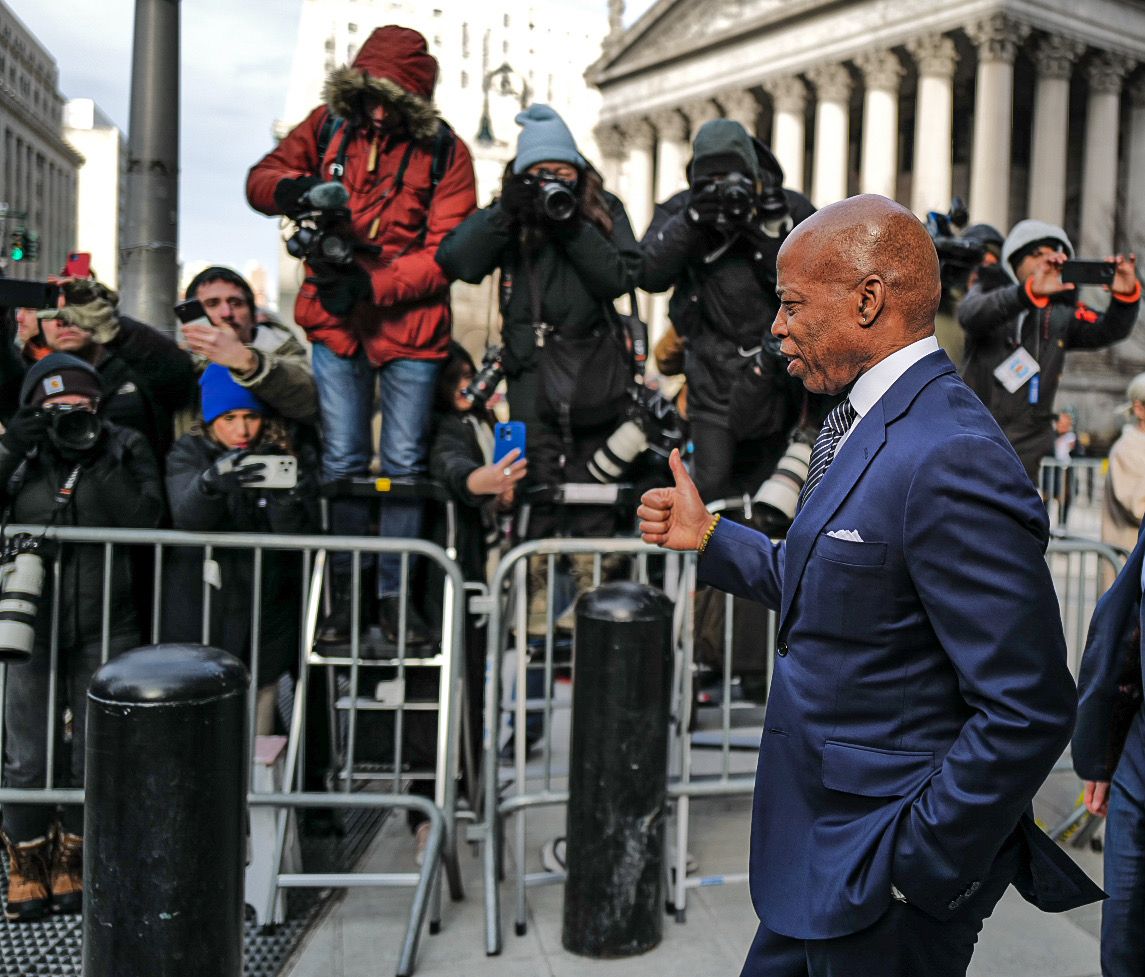KUALA LUMPUR (Reuters) -Malaysia said on Wednesday it would offer up to 70% equity in state 5G agency Digital Nasional Berhad (DNB) to telecoms firms, amid concerns among wireless carriers that a single, government-run 5G network could hamper competition.
The announcement comes after the matter was raised in Cabinet last week.
Mobile service operators had recommended a second 5G provider in an impasse with DNB over pricing and other issues, sources told Reuters in December.
The government is sticking with its plan for a sole 5G network to maintain policy continuity, but will allow telecoms companies to hold equity stakes to speed up the construction of infrastructure, the finance and communication ministries said in a joint statement on Wednesday.
“Ownership, equity value, and other aspects related to this proposed equity participation are subject to negotiations between DNB and telecommunications companies, with an agreement set to be finalised in the near future,” the ministries said.
The government will retain a 30% equity stake in DNB, with the agency to be regulated by the communications ministry.
Major operators Celcom Axiata Bhd, DiGi Telecommunications, Maxis Bhd and U Mobile Sdn Bhd said they welcomed the cabinet decision and would engage with the government and key industry players on further details of the proposed model.
DNB said late on Wednesday it would extend its pilot programme offering free 5G services to carriers – originally set to end this month – to June 30, to facilitate a seamless transition for operators that had yet to sign up to its network.
Malaysia last year scrapped a plan to apportion spectrum to service providers, opting instead for a single shared network to reduce costs, improve efficiency and speed up infrastructure construction.
Service providers said that plan risked creating a nationalised monopoly more costly than if they deployed 5G networks themselves, though DNB has said the cost of accessing its 5G network would be less than what telecom companies incurred for 4G.
(Reporting by Rozanna Latiff and Liz Lee; Editing by Christopher Cushing and Mark Potter)

